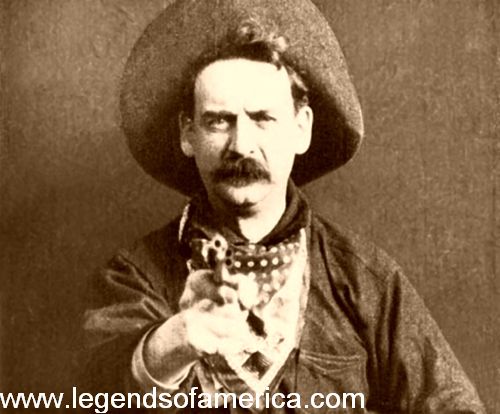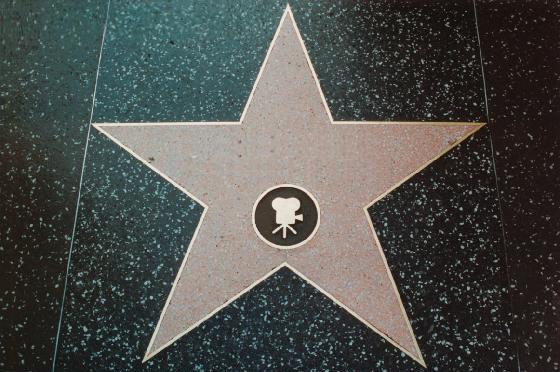Cross of Gold - William Jennings Bryan
Populist Platform of 1982
IDs:
Populism, deflation, hayseed, the Grange, farmers' alliance, Ocala Demands, Populist Party (People's Party), Election of 1892, William Jennings Bryan, "Cross of Gold", bimetalism, gold standard, Populist Party Platform, free coinage (of silver), William Jennings Bryan, Populist-Democrat, Election of 1896
Tuesday Night HW Questions:
What factors led to the rise of the Populist Party during the last decades of the 19th century? What does agrarian discontent indicate about American culture during the late 19th century?
What reforms did the Populists seek? What factors contributed to the decline of the Populist movement? To what extent did the movement succeed?
In his "Cross of Gold" speech, how does Bryan (a Populist-Democrat) depict the Democratic party? What critique of his political opponents is implicit in Bryan’s speech? How does Bryan characterize cities? How does he characterize farming? What does this indicate about the cultural concerns of the Populist movement? What does Bryan mean when he says that "It is the issue of 1776 all over again."? How does Bryan depict the gold and the gold standard? How does he depict silver?
What demands do the Populists make in the Populist Party Platform?
Wednesday HW Qs:
For what economic reasons did Southern and Western ruralites favor the free coinage of Silver? What types of Americans favored the gold standard? How did Populists view the gold standard and its supporters?
How did Populists come to dominate the Democratic party in 1896? What impact did this have on the Democratic Party? What impact did this have on the Populist party?
What types of people voted for Bryan (Democratic-Populist) in the election of 1896? What types of people voted for McKinley (Republican)?
What did Bryan’s loss indicate about the weaknesses of the Populist movement?
Tuesday, January 29, 2008
Tuesday, January 22, 2008
Wednesday, January 16, 2008
Wednesday Night HW
What factors led to the increase in immigration during the late 19th and early 20th century? How were new immigrants viewed by old immigrants and "native" (Anglo) Americans? Why? What social and economic struggles did these newer immigrants face?
What factors caused the growth of cities in the late 19th century? What were the consequences of urbanization?
What is Social Darwinism? What does the popularity of Social Darwinism indicate about the way Americans of the late 19th century viewed wealth and poverty?
Thursday Night's Homework
What impact did industrialization have on the laborer? In what ways is industrial labor different from artisanal(look it up) labor?
What factors led to the rise of industrial unions in the United States? What internal and external obstacles did these unions face? How did industrial capitalists and the federal government respond to unions and union activity?
What were the structural and immediate causes of the Great Railroad strike of 1877? How did the public and governmental response to the strike reflect the attitudes of the era?
Appropriate IDs for each night as listed below:
artisan, industrial laborer, Henry Ford, assembly line, mass production, scientific management, Triangle Shirtwaist Fire, child labor, feminization of labor, Gilded Age, Social Darwinism, Charles Darwin, Herbert Spencer, William Graham Sumner, Carnegieís "Gospel of Wealth", National Labor Union, Knights of Labor, Terence Powderly, American Federation of Labor (AFL), Samuel Gompers, skilled vs. unskilled workers, "iron law of wages," scab, injunction, In re Debs, lockout, strike, Great Railroad Strike of 1877, Haymarket Square strike (riot), Homestead Steel strike, Coxeyís Army, Pullman strike, American Railway Union, Eugene V. Debs, Great Railroad Strike of 1877, Rutherford Hayes, Compromise of 1877, new immigrants, old immigrants, nativism, immigrant associations, political machine, political "boss," Tammany Hall, William ("Boss") Tweed, tenement, Jacob Riis, dumbell tenement, Ford Motor Company School, Americanization, Chinese Exclusion Act, eugenics, urbanization, Louis Sullivan, skyscraper, tenement, walking city, suburb
What factors led to the increase in immigration during the late 19th and early 20th century? How were new immigrants viewed by old immigrants and "native" (Anglo) Americans? Why? What social and economic struggles did these newer immigrants face?
What factors caused the growth of cities in the late 19th century? What were the consequences of urbanization?
What is Social Darwinism? What does the popularity of Social Darwinism indicate about the way Americans of the late 19th century viewed wealth and poverty?
Thursday Night's Homework
What impact did industrialization have on the laborer? In what ways is industrial labor different from artisanal(look it up) labor?
What factors led to the rise of industrial unions in the United States? What internal and external obstacles did these unions face? How did industrial capitalists and the federal government respond to unions and union activity?
What were the structural and immediate causes of the Great Railroad strike of 1877? How did the public and governmental response to the strike reflect the attitudes of the era?
Appropriate IDs for each night as listed below:
artisan, industrial laborer, Henry Ford, assembly line, mass production, scientific management, Triangle Shirtwaist Fire, child labor, feminization of labor, Gilded Age, Social Darwinism, Charles Darwin, Herbert Spencer, William Graham Sumner, Carnegieís "Gospel of Wealth", National Labor Union, Knights of Labor, Terence Powderly, American Federation of Labor (AFL), Samuel Gompers, skilled vs. unskilled workers, "iron law of wages," scab, injunction, In re Debs, lockout, strike, Great Railroad Strike of 1877, Haymarket Square strike (riot), Homestead Steel strike, Coxeyís Army, Pullman strike, American Railway Union, Eugene V. Debs, Great Railroad Strike of 1877, Rutherford Hayes, Compromise of 1877, new immigrants, old immigrants, nativism, immigrant associations, political machine, political "boss," Tammany Hall, William ("Boss") Tweed, tenement, Jacob Riis, dumbell tenement, Ford Motor Company School, Americanization, Chinese Exclusion Act, eugenics, urbanization, Louis Sullivan, skyscraper, tenement, walking city, suburb
Monday, January 07, 2008
Wednesday, January 02, 2008
Welcome Back... Can I borrow a dime?

Take a gander at this home page and read it.
Read this selection regarding 'dime novels'.
Then browse this timeline.
What gave rise to these dime novels and 'penny dreadfuls'?
What were they about?
Watch the following movie. Click here if you can not watch it below.
Subscribe to:
Posts (Atom)

